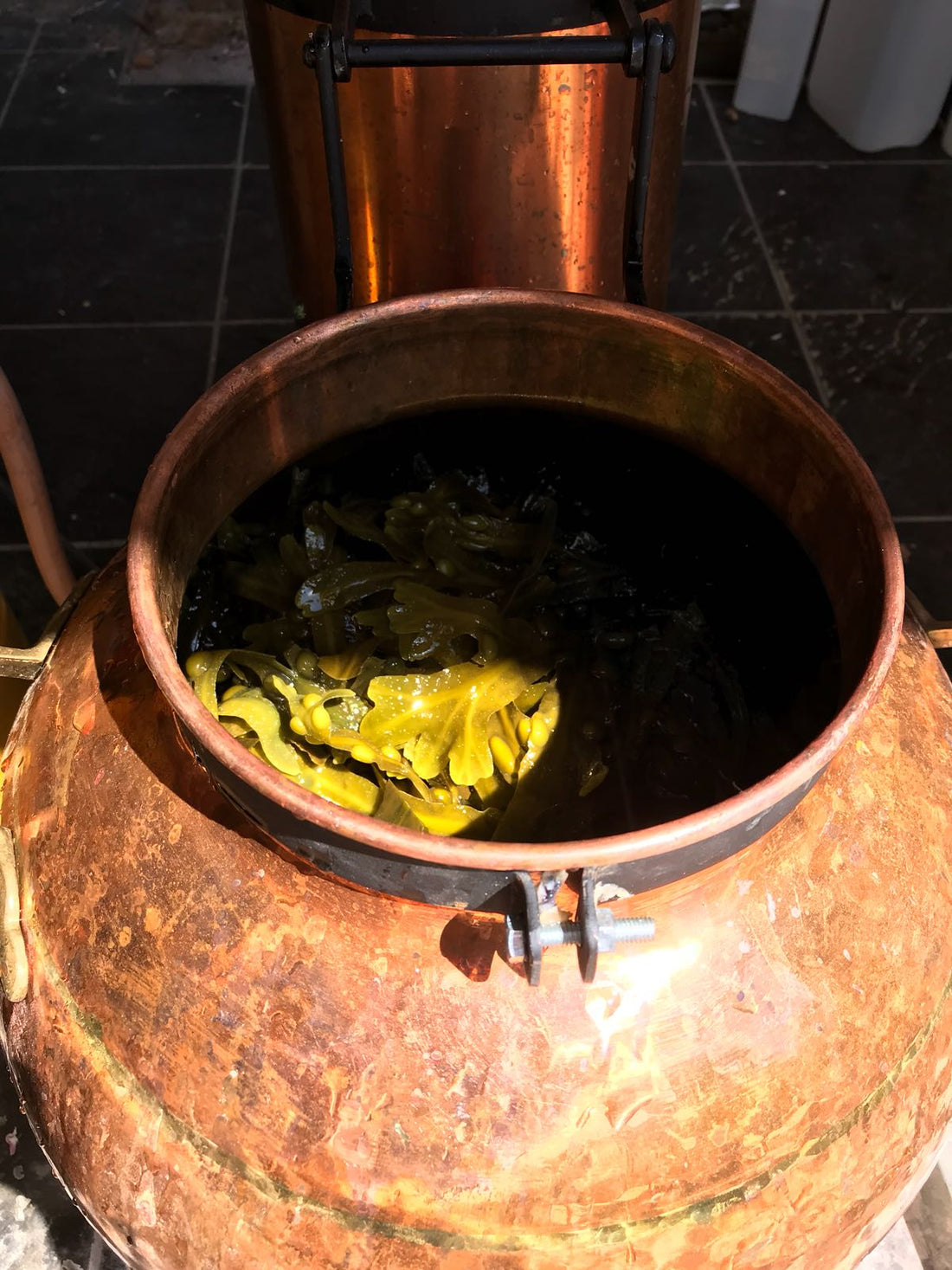Eczema isa term used to describe not just one, but a group of conditions; atopic dermatitis being the most severe form. It usually describes skin that has developed patches of itchy, irritated skin that can become scaly and cracked.
Children who developed it in infancy can often see it go, or markedly improve at around 5, although they may still have episodes throughout life. It can also first appear at around this age (infancy tends to be on the head; in childhood it is usually more widespread). But it can also start later in life. It is not uncommon to see a first episode at 50–60 in plaques of the head, neck, and flexural areas.
Whether or not it deteriorates with age depends on numerous factors, including how well the skin is treated, exposure to the irritant/s and general health. As skin tends to becomes drier as we age, eczema will make it more vulnerable to worsening dryness and this in turn can worsen eczema.
Skin affected by eczema has an impaired sin barrier. When intact, this holds in moisturised and regulates trans epidermal water loss (TEWL), a function that tends to worsens as we age. Importantly, there is a reduction in surface lipids, especially ceramides, which degrade faster in skin with eczema.
Using a cream containing ceramides, that is hydrating and occlusive should help replace both lipids and water whilst keeping them in the skin for as long as possible. The addition of a well-formulated moisturiser with hyaluronic acid, sodium hyaluronate and dimethicone have been demonstrated to help. Niacinamide, glutamine, aloe vera, vitamin A, C and E can also strengthen the stratum corneum. However, this condition can make skin more susceptible to irritants, and pretty much anything that can be described as an ‘active’ ingredient is potentially irritating, so caution is needed when applying any new ingredients to skin, especially in large doses. Moisturisers containing urea and lactic acid should be avoided as these have been shown to irritate eczema.
A secondary problem in this condition, especially in later life, is inflammation and the colonisation of Staphylococcus aureus. This can cause other infections that may require potent antimicrobials to control. If the condition is relatively stable and the skin isn’t ‘weeping’, using a good hydrosol, with no added colours, perfumes or preservatives, can offer excellent antimicrobial and anti-inflammatory properties, whilst soothing any itching, with low risk of irritation. Yarrow, borage, calendula, rose, green tea, honeysuckle and algae should all help.
